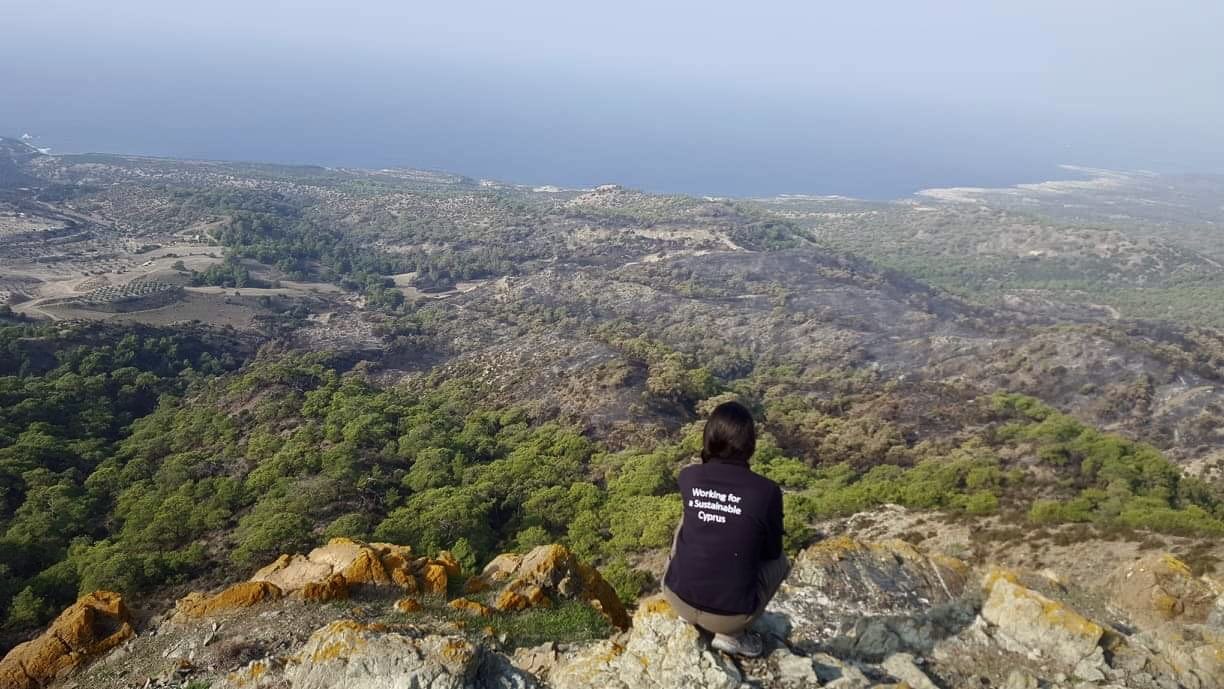Many times, I am asked to give presentations to people about various environmental issues with the aim to educate, sensitise, inform, mobilise and much more. Through those presentations, and to make my statement stand out, I sometimes choose to lightly shock them by asking them: ‘Did you know that humans are animals too?’. And at that moment they get completely confused, or even insulted, whispering to each other quite disturbed. Why? Because they have forgotten. We have forgotten who we are. We have forgotten the most important thing: that we are animals, fully dependant on nature and mother earth.
Our anthropocentrism, the belief that we are the most important being on this planet, has disconnected us from our natural environment. Globalisation, industrialisation of almost everything, city life, technological advancements, the increasing needs we impose to ourselves and the speed of light way of living, has raised big walls between us and our mother earth. The facility with which we access goods has created the illusion that our planet’s resources are endless.
Unfortunately, the natural environment is not a priority for many today. For some, it’s because they don’t fully comprehend the importance of it. For others, it’s because their political or economic concerns are of greater importance. And we also have the people who don’t have the luxury to do anything to protect the environment because their survival is their only and everyday worry and struggle.
And here comes that disconnection that leads to becoming the destructors of our natural world, of our planet, of our source of life. Here’s the paradox; we may get sad when we see an animal on a TV programme struggling to find food and shelter because of the damages we have provoked, but our sadness won’t last long. The next minute, we will change channel to avoid facing the reality; the outcome of our greediness that has left, and continues to leave, a heavy footprint on this planet.
Overfishing, intensive farming, oil drilling, habitat destruction, leading to the loss of ecosystems, obliteration of our oceans, of our forests, loss of biodiversity, depletion of natural recourses, climate change and so much more. All for the sake of fulfilling our never-ending wants.
We ask for way too much. Not needing. Wanting. We’ve lost focus of what really matters. And at that point our actions and disconnection, hit us right back in the face like a huge boomerang. Diseases, food crisis, impacts on human psychology and wellbeing, extreme weather phenomena, and more, and more, and many more, and a constant threat to the stability of our planet, of every species’ planet and home.
We have crossed the line. This is not what animals do!
Our planet, our only home, can no longer afford providing as much as we are asking for. Planet earth cannot regenerate its resources as fast as we use them, it cannot bring back lost species, unique habitats, cannot adapt to all these rapid and constant changes. The destruction of the environment is the result of our species’ intense action. Or may I say, the collapse?
This has been going on for so long. We have been seeing this boomerang going but we could have never predicted how bad the consequences would be and now, it is hitting us hard…Us, the ‘greatest’ species of all. We have, once again, been proven wrong.
No one, anywhere, can and should ever again doubt the intrinsic value of the natural environment. And I find myself being upset with people who still don’t get it and still ask for proof. Proof of what supports life on this planet. Regardless of what the reasons are for some to still choose not to prioritise and accept it, it is now, more than ever, crucial to understand that we are talking about our and our children’s future when we talk about protecting our planet. There is no more time to waste. Don’t feel sorry for the suffering animal. Be frightened of who might suffer next.
It’s time to act, react, demand, change. It’s time to be part of the solution. We need to realise what has been done and reconsider our actions by changing our priorities in all levels of decision making, redirecting our efforts towards a sustainable future.
I do realise that this is not going to be an easy thing to do. But humans have proven that they can do miracles if they team up for a common purpose. I still have faith in our species and still believe in those miracles. We can and we will do better than this. As long as we remind ourselves that we are animals, and we should respect this planet like all other animals do.
As American poet and environmental activist Gary Snyder so succinctly put it: “Nature is not a place to visit, it is home.”




